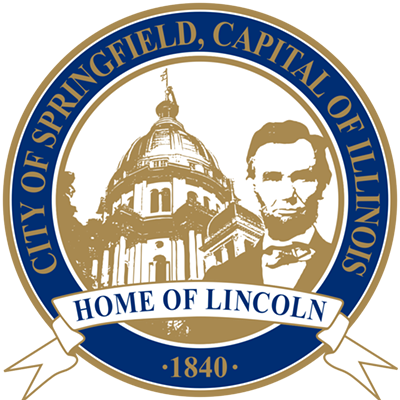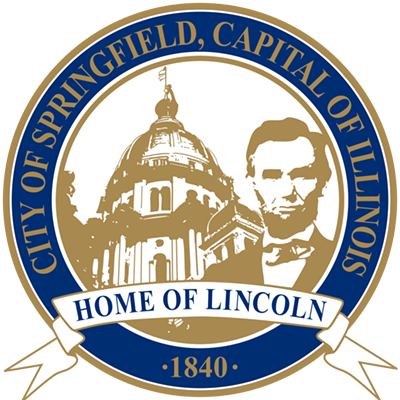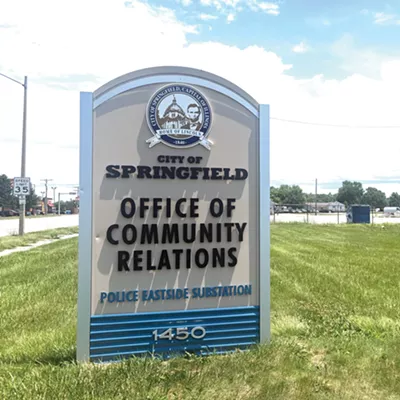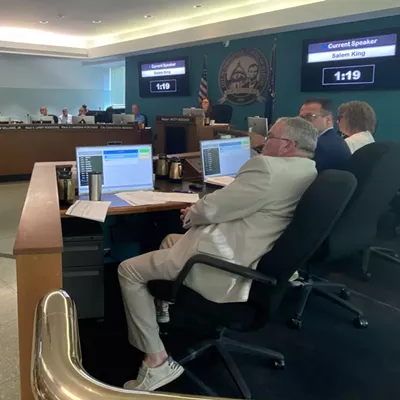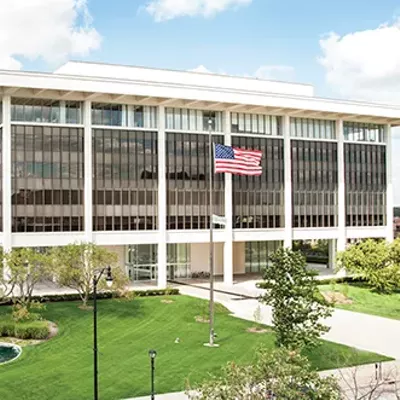TV provider Dish Network LLC was ordered to pay $280 million in fines this week in a federal lawsuit filed in Springfield.
The lawsuit, filed in March 2009 by the attorneys general of Illinois and three other states, alleged that Dish Network violated federal law regarding telemarketing practices.
In an order filed June 5, U.S. District Court Judge Sue E. Myerscough ordered the TV service provider to demonstrate compliance with the law and ordered the company to pay $168 million in civil penalties to the federal government, $84 million in statutory damages to the states and $28 million in civil penalties to California, North Carolina and Ohio. Illinois is supposed to receive almost $17.4 million in damages under the order.
A Dish Network spokesman told Springfield Business Journal in a statement that the company "respectfully disagrees with the decision" and plans to appeal.
"The penalties awarded in this case radically and unjustly exceed, by orders of magnitude, those found in the settlements in similar actions, notably against DirecTV, Comcast and Caribbean Cruise Lines," the statement said, referring to past cases on similar grounds. "DISH is being held responsible for telemarketing activities conducted by independent third-parties, including in circumstances where such third-parties intentionally hid their telemarketing efforts from DISH. DISH has long taken its compliance with telemarketing laws seriously, has and will continue to maintain rigorous telemarketing compliance policies and procedures, and has topped multiple independent customer service surveys along the way."
Illinois Attorney General Lisa Madigan was one of four state attorney generals which jointly sued Dish Network in 2009, claiming the company violated the U.S. Telemarketing Act and associated rules created by the Federal Trade Commission by having dealers call numbers on the national Do Not Call Registry and internal no-call lists, among other allegations. Illinois and the other states alleged Dish Network knew of the practices by its dealers and failed to stop them.
In a 475-page finding of fact filed along with her order, Myerscough delivered a thorough history of Dish Network, its sales lead tracking system and its struggles with maintaining accurate do-not-call lists. She wrote that Dish Network failed in some cases to scrub phone numbers from its lead tracking system and even formed an internal working group to comply with the law but ultimately failed to do so. In some cases, the failures were due to technical problems, the judge noted, but sometimes it was mere sloppiness.
"Dish personnel knew that Dish made mistakes, but they did not try to comply with the safe harbor provisions," Myerscough wrote, referring to a portion of the federal law that grants telemarketers immunity if certain preventative steps are taken.
While Dish Network blamed its contractors for most of the errant calls and even said one of its contractors hid its practices, Myerscough was unconvinced.
"The evidence also shows that Dish knew of the practice anyway and did nothing about it," she wrote.
Additionally, Illinois and the other states claimed Dish Network violated various state laws on telemarketing. However, Myerscough found the company had not violated the Illinois Automatic Telephone Dialers Act by playing pre-recorded messages in telemarketing calls without consent because the law contains an exception for calls made to people with whom the solicitor had a prior or existing business relationship.
Annie Thompson, a spokeswoman for the Office of the Illinois Attorney General, said decision is significant because Dish is being held responsible not only for its own violations of telemarketing laws, but also those of its third party authorized dealers.
"This is the largest amount of money that a judge has ever ordered at the state or federal level for do-not-call violations," she said, "which should send a strong message to companies engaging in these practices."“The court’s decision is significant because Dish is being held responsible not only for its own violations of telemarketing laws, but also those of its third party authorized dealers. This is the largest amount of money that a judge has ever ordered at the state or federal level for do-not-call violations, which should send a strong message to companies engaging in these practices.”
Contact Patrick Yeagle at patrick@springfieldbusinessjournal.com.



